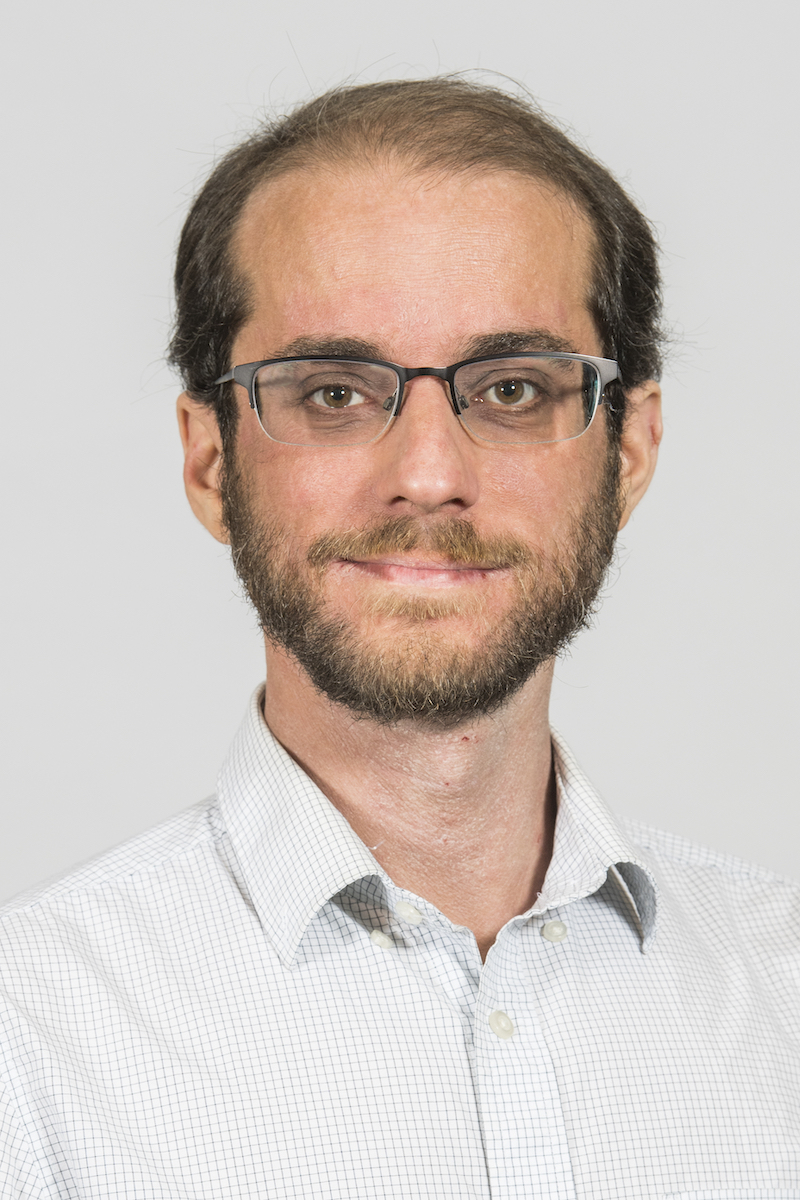Fast, High-Quality Pseudo-Random Numbers for Non-Cryptographers
Many C++ developers reach for std::rand() the first time they need a pseudo-random number. Later they may learn of its downsides and include <random> to use the Mersenne Twister (std::mt19937) and various distributions from the standard library. For some the journey ends here, but for others questions arise: How should I properly seed my generators? How should I approach portability? Does std::mt19937 failing some statistical tests matter to me? Am I leaving performance on the table using std::mt19937? What quality do I need for my use-case and how can I get the best deterministic performance for that quality?
After a brief introduction to generating pseudo-random numbers with the C++ standard library this talk will look at answering these questions in digital audio applications; the same learnings could be applied elsewhere such as games, graphics, or some simulations. We will examine some benchmarks and quality analysis of standard library pseudo-random number generators and modern generators outside the standard. We will close with a demonstration of ways to make runtime-performance determinism improvements with minor quality loss over using standard library distributions.

Roth Michaels
Roth Michaels is a Principal Software Engineer at iZotope/Soundwide, an industry leader in real-time audio software for music production and broadcast/film post-production. In his current role on the Audio Research Team at iZotope's parent company, Soundwide, he is focused on developing new fast prototyping frameworks. When he joined iZotope, Roth was the lead library designer of a new internal cross-platform "Glass", part of which is now available as open-source. More recently in his former role as Mix/Master Software Architect, Roth helped develop the reference implementation to move iZotope's products to subscription and led the team that launched the company’s first SaaS offering for music producers. Roth studied music composition at Brandeis University and continued his studies in the Dartmouth Digital Musics program. Roth began his career in software development writing software for his own compositions, and the works of other composers and artists, and teaching MaxMSP to composers and musicians; both private instruction and designing university courses. Before joining iZotope, he was working as a consultant for small startups working on mobile applications specializing in location services and Bluetooth.

